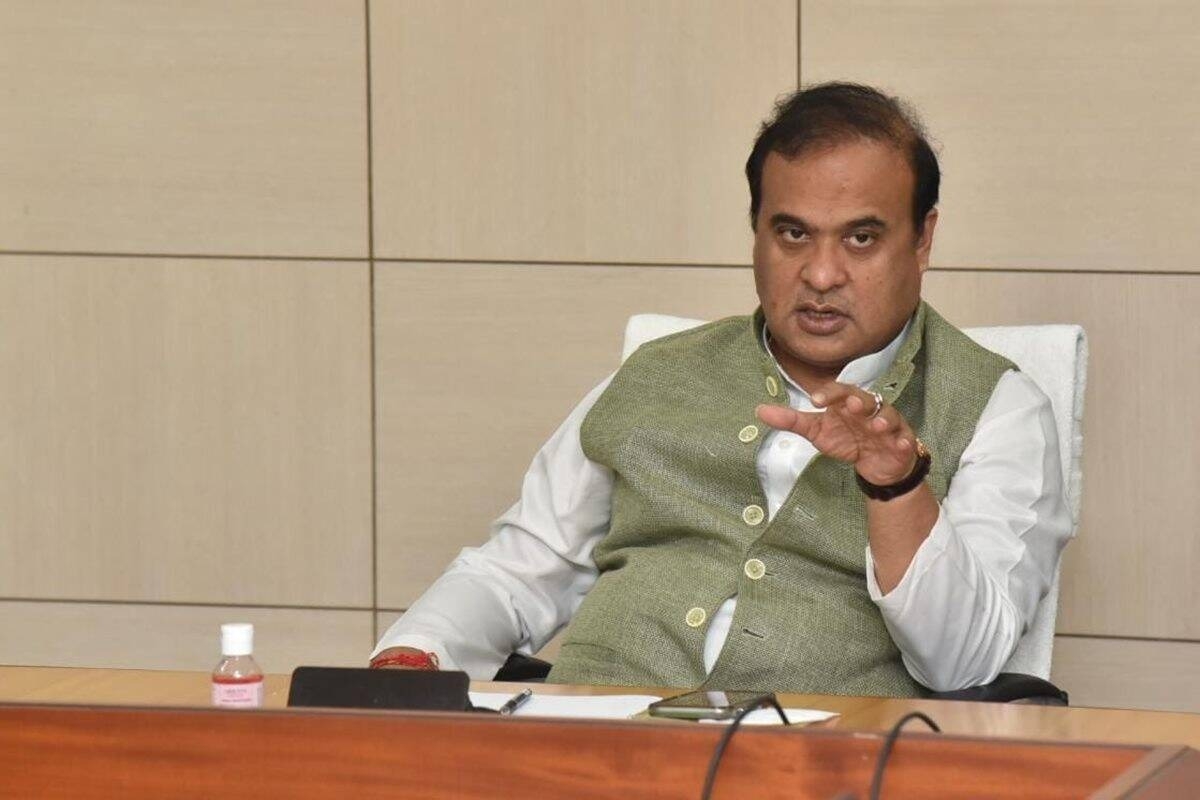Nothing to be alarmed about: Health Ministry on HMPV virus
The Ministry, however, appealed to the people to take precautions against all respiratory infections.
Assam Chief Minister Himanta Biswa Sarma has voiced serious concerns about China’s proposed construction of a massive dam on the Brahmaputra River, highlighting its potential to devastate the river’s ecosystem and severely impact water availability in Northeast India.

Assam, Assam CM, Himanta Sarma, Bhramaputra dam
Assam Chief Minister Himanta Biswa Sarma has voiced serious concerns about China’s proposed construction of a massive dam on the Brahmaputra River, highlighting its potential to devastate the river’s ecosystem and severely impact water availability in Northeast India.
Talking to mediapersons on New Year’s Day, Sarma emphasised the consequences of upstream infrastructure projects on transboundary rivers like the Brahmaputra, which serves as a lifeline for millions in the region.
Advertisement
“The Government of India is already aware of the matter and has communicated its concerns to China. I am confident this issue will be addressed in the ongoing India-China dialogue,” Sarma stated.
Advertisement
He warned that the dam could destabilise the Brahmaputra’s fragile ecosystem, making it heavily reliant on rainfall in Bhutan and Arunachal Pradesh.
“If sufficient rainfall does not occur in these regions, the Brahmaputra could dry up completely. This poses a significant problem for us, and we have raised these concerns with the Government of India,” he stressed.
The Chief Minister’s remarks come amidst heightened scrutiny of China’s plans to construct what is anticipated to be the world’s largest hydropower project on the Yarlung Tsangpo River (as the Brahmaputra is known in Tibet).
This is not the first time concerns have been raised. Assam MLA Akhil Gogoi recently described China’s dam as a potential “water bomb,” alleging that it could be used as an “organic weapon of war” against India.
The Brahmaputra, originating in Tibet and flowing through India and Bangladesh, is a major transboundary river crucial to the ecological balance and livelihoods of millions in the region.
China’s dam-building spree on rivers that traverse into South Asia has raised alarms about potential water conflicts in the future.
India has previously expressed concern about these projects, given the lack of a water-sharing agreement between the two countries.
Advertisement